+61487008009
Shower Regrouting
Imortance of Shower Regrouting
Just like silicone, grout plays a crucial role in creating a water-resistant barrier in your shower. It fills the gaps between tiles, preventing water from seeping through and damaging the underlying surfaces. However, over time, grout can deteriorate due to moisture, cleaning agents, and regular wear and tear. When grout cracks or wears away, it creates an opportunity for water to infiltrate, potentially causing significant water damage.Tips for Regrouting:
It’s a simple but vital maintenance task to keep your bathroom dry, safe, and in excellent condition.
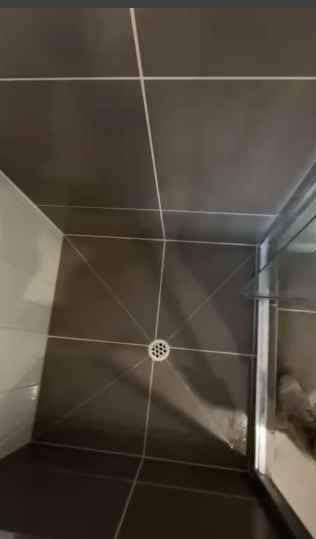
Aesthetic Improvement
Over time, grout can become stained and discolored due to its constant exposure to moisture, soap, shampoo, body oils, and cleaning products. These substances can penetrate the porous nature of grout, causing it to absorb stains and grime, which can make the shower look dirty or worn, even if the tiles are clean. Regrouting provides an opportunity not just to restore the functionality of the grout but also to significantly improve the aesthetic appeal of your shower.
Mold Prevention
Showers, with their constant exposure to water and high humidity, create the perfect breeding ground for mold and mildew. Over time, grout can deteriorate, crack, or wear away, leaving gaps or porous areas where moisture can get trapped. These conditions encourage the growth of mold and mildew, which not only look unsightly but can also pose health risks and cause odors.
Enhanced Structural Integrity
Cracked or crumbling grout not only affects the appearance of your shower but can also compromise the structural integrity of the tiled surface. Grout serves as the glue that holds the tiles together, and when it deteriorates, it can lead to tiles loosening or even becoming dislodged over time. Regrouting helps restore the strength and stability of the tiled surface, ensuring that the tiles stay securely in place, even in high-traffic or high-moisture areas.
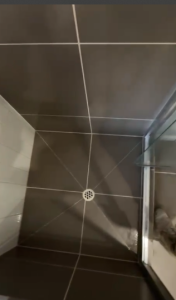
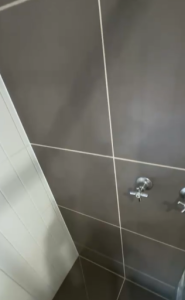
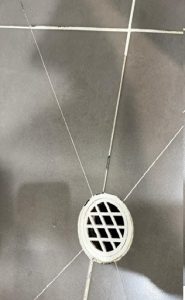
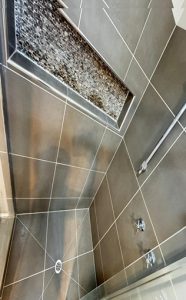
Aesthetic Improvement
Over time, grout can become stained and discolored due to its constant exposure to moisture, soap, shampoo, body oils, and cleaning products. These substances can penetrate the porous nature of grout, causing it to absorb stains and grime, which can make the shower look dirty or worn, even if the tiles are clean. Regrouting provides an opportunity not just to restore the functionality of the grout but also to significantly improve the aesthetic appeal of your shower.

